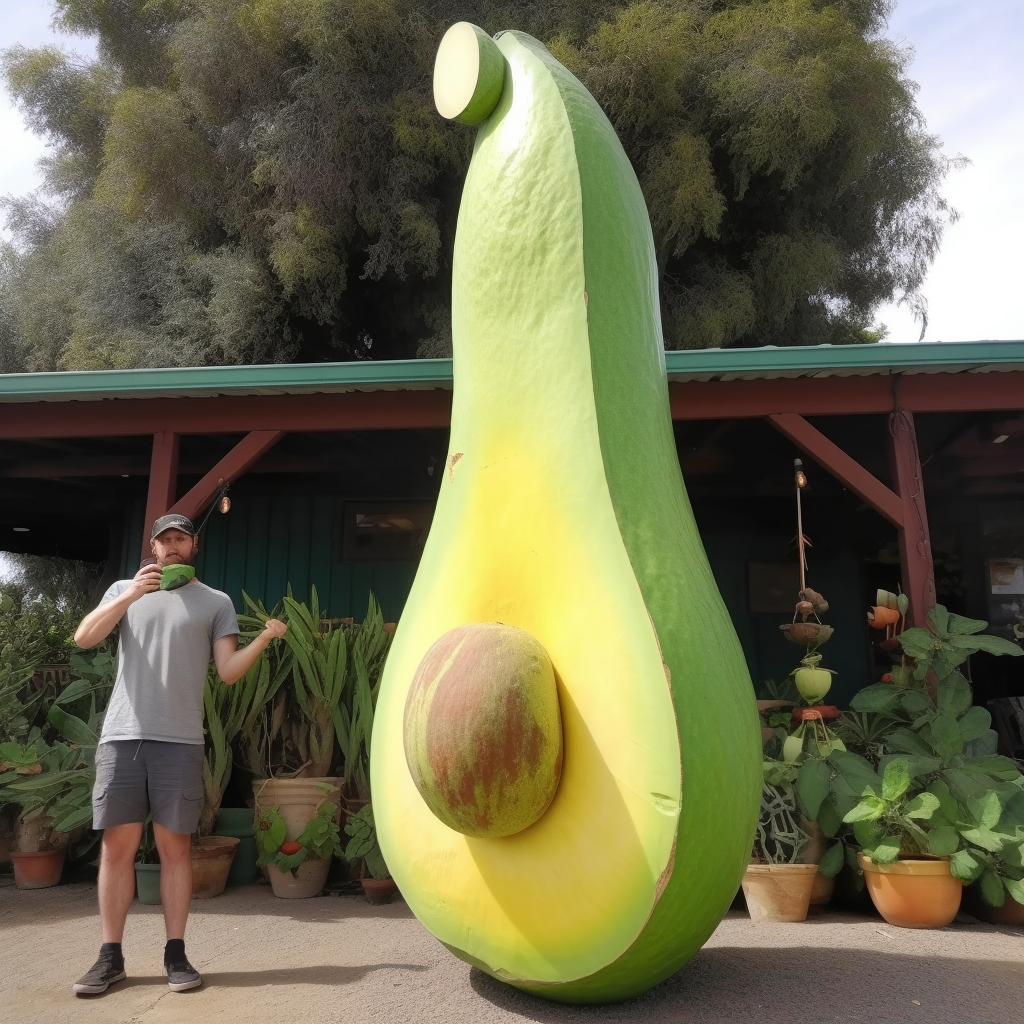Avocados are a well-loved fruit around the world, known for their creamy texture and health benefits. However, there are quite a few interesting facts about avocados that many people might not know:
- Avocados are berries: From a botanical perspective, avocados are actually considered large berries with a single seed. This is because they have a fleshy pulp and a seed enclosed in a hard shell.
- Avocados ripen faster with certain fruits: If you want to ripen an avocado quickly, place it in a paper bag with a banana or apple. These fruits release ethylene gas, a natural plant hormone that aids in ripening.
- All Hass avocados are descendants of one tree: The Hass avocado, the most common variety of avocado, is named after Rudolph Hass. He patented his tree in 1935, and all Hass avocados are descendants of that single tree.
- Avocados have more potassium than bananas: While bananas are often touted for their high potassium content, avocados actually contain more potassium gram for gram.
- Avocados are high in fiber: Avocados are an excellent source of dietary fiber, which is important for digestive health. A single avocado provides about half of the daily recommended fiber intake for adults.
- The avocado tree is self-pollinating: Avocado trees have a unique flowering behavior known as “synchronous dichogamy.” They have both male and female organs, but these open at different times to promote cross-pollination from other trees. However, they can self-pollinate if there are no other trees around.
- Avocado oil has a high smoke point: Avocado oil has one of the highest smoke points of all plant oils (around 520°F or 271°C), meaning it doesn’t burn or smoke until it reaches this temperature. This makes it excellent for high-temperature cooking methods like frying and sautéing.
- Avocados are poisonous to many animals: While avocados are safe for human consumption, they are toxic to many animals, including birds, cats, dogs, and rabbits. The leaves, seed, bark, and fruit of avocado can cause significant health problems in these animals.


